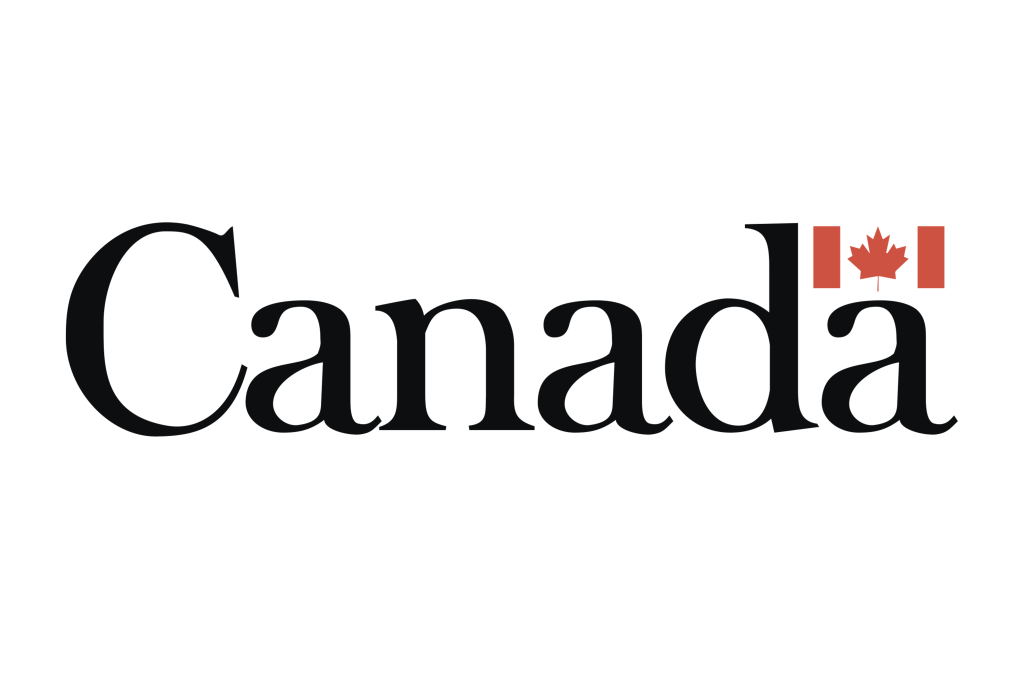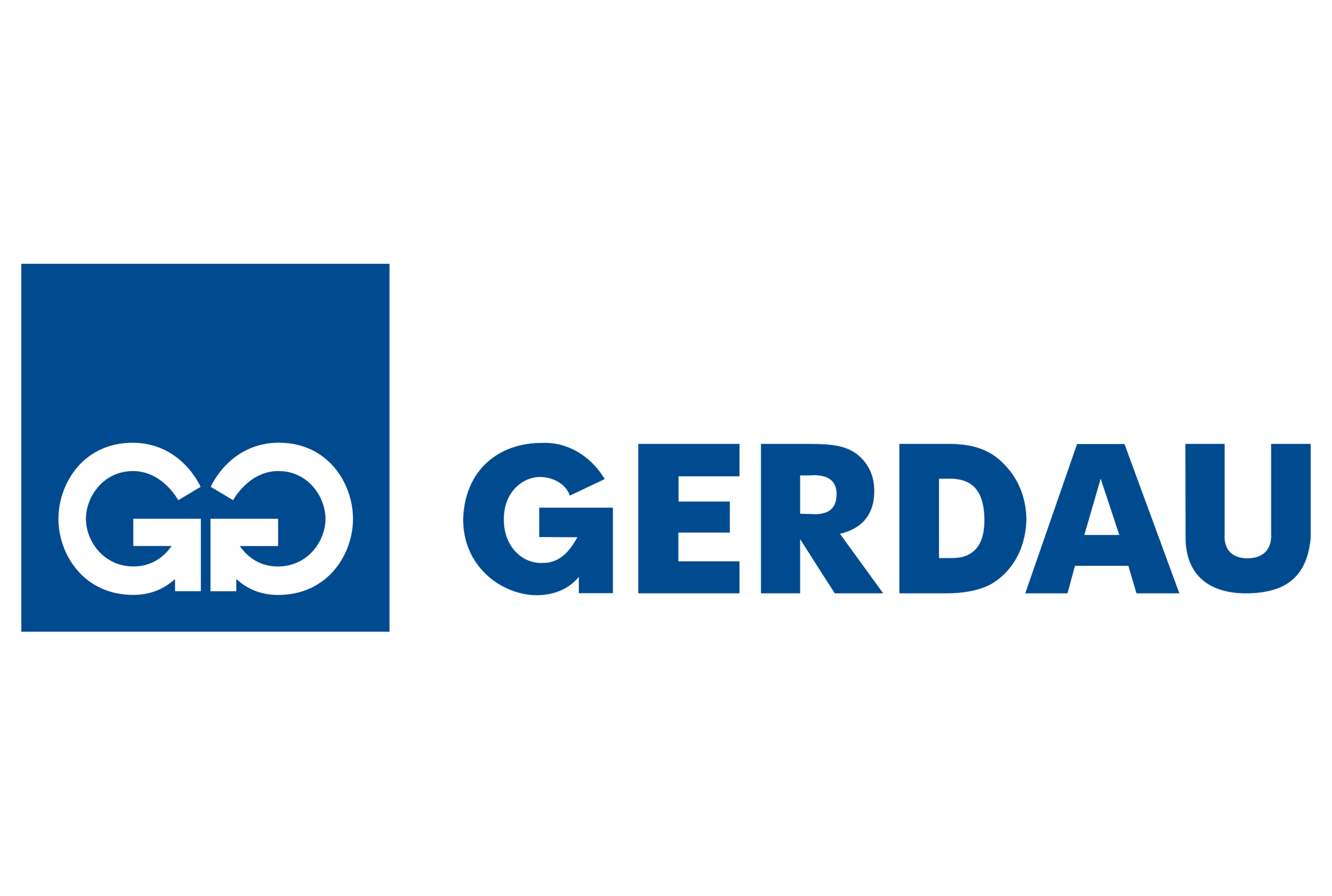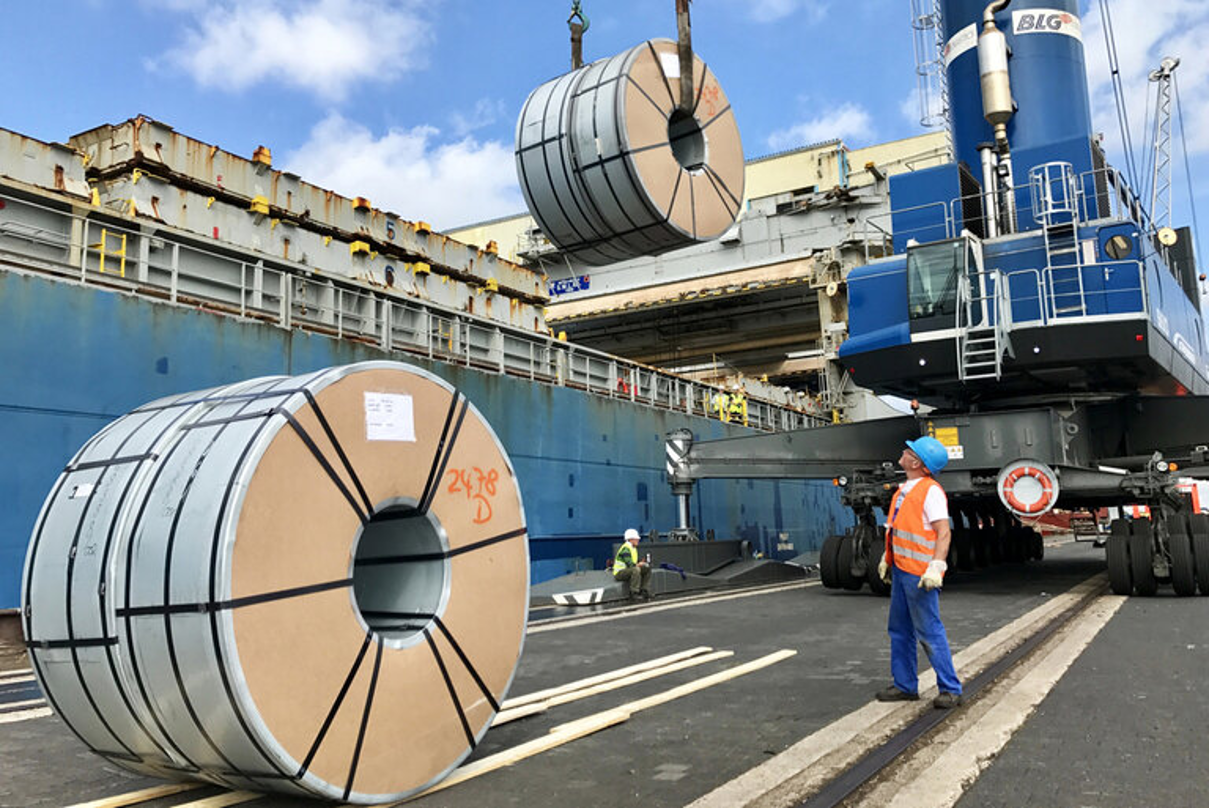Canada

November 26, 2025
Canadian PM releases measures to protect steel, including derivatives tariff
Written by Ethan Bernard
Canadian Prime Minister Mark Carney announced new measures on Wednesday to strengthen the country’s domestic steel industry, which include a tariff on some downstream steel-intensive goods.
The government is aiming to curb steel imports and boost Canadian producers.
To that end, Canada will impose a global 25% tariff on targeted imported steel-derivative products such as wind towers, prefabricated buildings, fasteners, and wires.
Other measures include tightening the tariff-rate quota (TRQ) levels for steel products from non-free trade agreement (FTA) partners from 50% to 20% of 2024 levels.
Additionally, for non-USCMA partners that Canada has an FTA with, Canada will reduce TRQ levels for steel products from 100% to 75% of 2024 levels.
The moves form part of a broader project to aid the domestic lumber industry in Canada as well as steel.
Also, there is a Buy Canadian Policy, which will be instituted later this year. This requires all contracts worth over CA$25 million to prioritize Canadian materials – including steel and lumber. It’s also applicable across federal grants and contributions programs.
(A full list is available here.)
“Steel and lumber are core to Canada’s competitiveness,” Prime Minister Carney said in a statement on Wednesday. “To compete and win in this new global environment, these strategic sectors must be ready to seize new markets at home and around the world.
Besides protecting domestic steel producers from unfair trade, the full host of measures will “also unlock over (CA)$1 billion in new domestic demand for Canadian steel,” according to the statement.
The PM’s Office noted the measures come as the US is “fundamentally reshaping all its trade relationships.”
This is causing “major disruption and upheaval for Canadians,” the statement said. “It is time to transform our economy from one that is reliant on a single trade partner to one that is stronger, more self-sufficient, and resilient to global shocks.”







